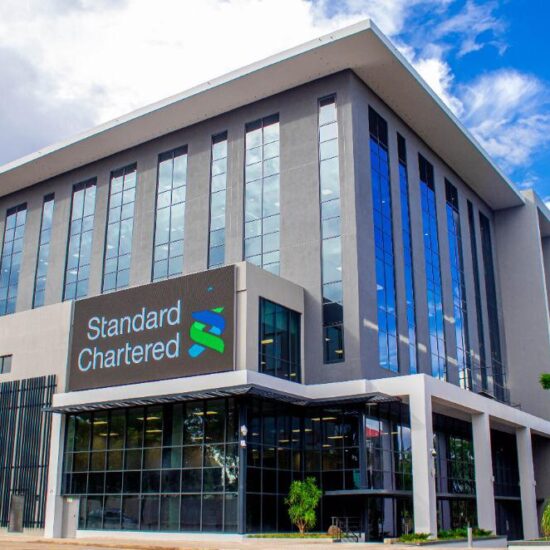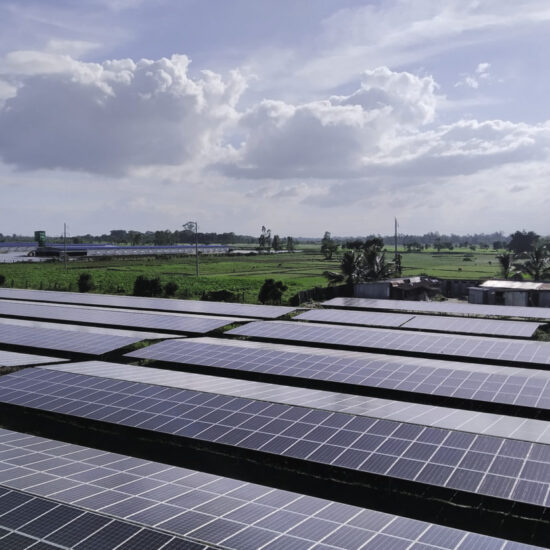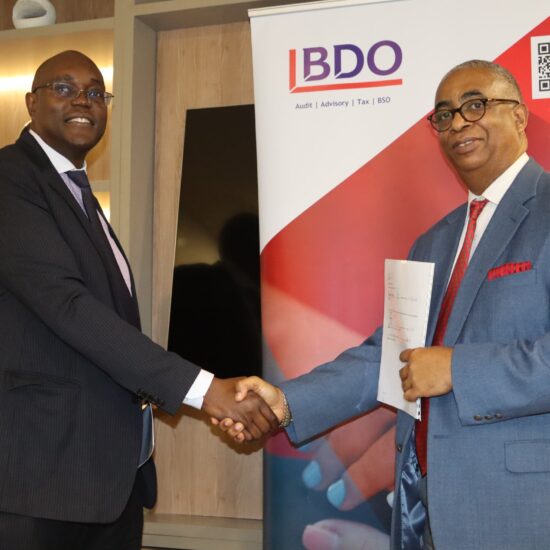
The new dawn administration have been urged strike the delicate balance between the promotion of foreign direct investments – FDI and domestic investment. This is because domestic investment leads to the creation of more jobs with the resulting profits or foreign exchange generated more likely to be reinvested locally.
It is also widely accepted and known that only Zambians themselves can develop Zambia, you can not outsource development to foreign entities and institutions, hence the need to visibly support local entrepreneurship and business. This can then be complimented by foreign investments or financing were more advanced skills and technology is needed.
The country needs to now move to a situation were some of the biggest companies are locally owned and managed. There has always been ambitions that some of the copper mines be run by Zambians. Mopani and Konkola Copper Mines were talked about as the best candidates, but these ambitions are slowly being muted. Are Zambians not capable of running Copper Mines 50 plus years after independence? Aren’t these Mines just lacking finance which the government working with the respective management teams can source?
When the Zambian Business Times – ZBT spoke to some of the local entrepreneurs and business owners, there is a general complaint that there is “no money in the economy”, that the demand for products and services has been dampened. These indications need to be fully investigated and solutions found to support local enterprise.
On the promotion of domestic investments, ZBT contacted Economist Chibamba Kanyama who stated that the availability of the Citizens Economic Empowerment Commission-CEEC is not just for the purpose of giving loans, he stated the local businesses should take advantage of it because it is deliberately discriminative in favor of zambian entrepreneurs when it comes to procurement.
He stated that some of the reported happenings of foreign companies being prioritised over local companies is simply an abuse of the CEEC act and called it indiscipline. Kanyama stated that people should be made answerable for breaching the what the act states.
During an interview with the Zambian Business Times newspaper-ZBT, Kanyama encouraged the citizenry to support each other and to understand the power of local enterprise because when a local company wins a tender, the forex remains in the country and contributes to the growth of the Zambian economy through various ways among others is creation of employment.
CEEC has now been put under the newly created Ministry of Small and Medium Enterprises. This is a sector were the majority of local businesses operate. A check in the yellow book shows that this ministry is not among the highest funded, a situation that eventually leads to questions of weather domestic investment is really viewed as a strategic tool for Zambia’s future development.
There is also need to review the payments patterns in government from the treasury to key spending agencies. Are there more payments made to foreign entities against those made to local entities? Is the government itself the biggest externalizer of forex from Zambia? Are Zambia’s largest exporters, the foreign owned copper mines bringing back enough forex? Answering some of these questions would help explain why the local currency is perpetually depreciating or unstable.







